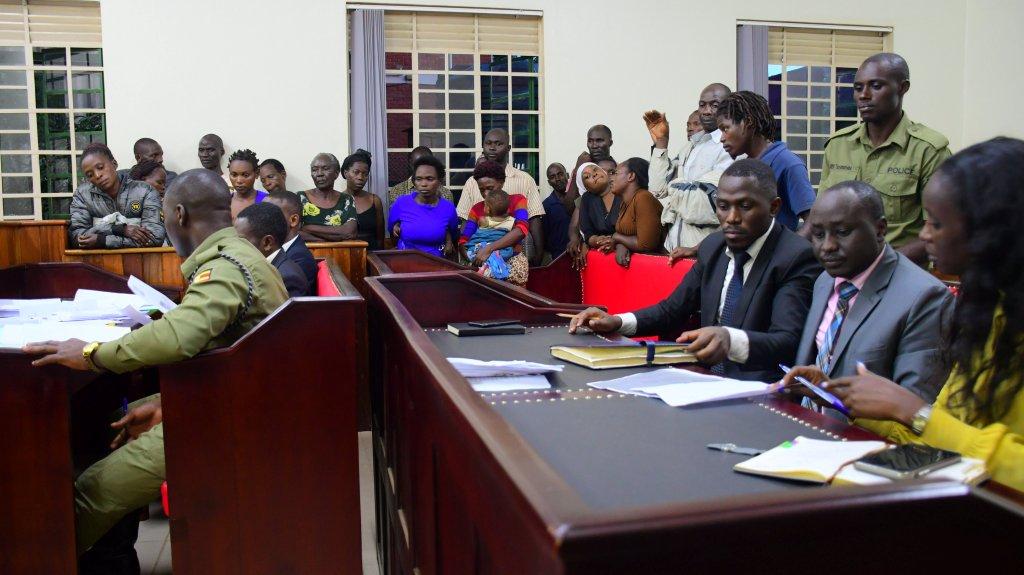A group of lawyers in Uganda is urging the Uganda Law Society to address concerns of perceived judicial misconduct surrounding Justice Jesse Byaruhanga Rugyema in a case involving the Tilenga oil land dispute. The lawyers, led by human rights lawyer Eron Kizza, are seeking an extraordinary general meeting to discuss the issue, raising accusations that Justice Byaruhanga violated legal principles by delivering a verdict in just four days, without allowing accused parties to respond.
The petition, initiated by Eron Kizza, alleges that Justice Byaruhanga’s actions undermine the rule of law and fundamental human rights and freedoms. The speedy delivery of the verdict, favoring TotalEnergies Exploration and Production Uganda, has sparked concerns about the legitimacy of the court and the judge, eroding public trust in the judiciary.
On December 8th, Justice Byaruhanga ruled against 42 landowners who rejected the government’s proposed compensation rates, a crucial step for the development of oil infrastructure under the Tilenga project. The judge directed the government to deposit compensation funds with the court and ordered the vacant possession of land for petroleum activities, a decision hailed as groundbreaking by the petitioners.
Lawyers are calling for an extraordinary general meeting to debate the issues raised, form a formal Uganda Law Society position on the alleged dereliction of impartiality, and indicate further actions to prevent the recurrence of such threats to due process and citizens’ rights.
Before submitting the petition to the Uganda Law Society, the same group of lawyers filed a complaint with the Judicial Service Commission, accusing Justice Jesse Byaruhanga Rugyema of judicial misconduct, incompetence, and bias in the Tilenga oil land dispute case. They are calling for appropriate disciplinary actions against the judge and measures to prevent him from presiding over future oil-related cases.
In a recent interview, lawyers Eron Kiiza and Dickens Kamugisha expressed concerns that Justice Byaruhanga’s judgment in the Tilenga Oil Land Dispute case could set an unfavorable jurisprudential precedent, potentially enabling forced acquisition of land and properties. The lawyers are committed to assisting affected individuals in appealing the matter in the Court of Appeal to safeguard against the establishment of a precedent that could adversely affect property rights.




















